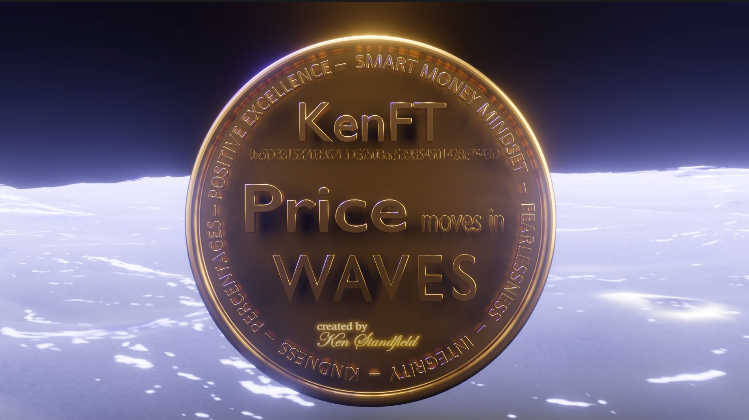Recent paperwork reveal that Morgan Stanley, the monetary providers large, is holding a substantial quantity of Bitcoin (BTC) via spot market exchange-traded funds (ETFs). According to information from market evaluation agency Fintel, the Wall Street colossus has disclosed to the regulatory authority that, on May 15, it acquired 4.27 million shares of the Grayscale Bitcoin Trust (GBTC) value 269.8 million.
In its newest filings with the Securities and Exchange Commission (SEC), Morgan Stanley revealed having a complete of seven,816 holdings with an estimated portfolio worth of greater than 1.2 trillion. Among these holdings, the Grayscale Bitcoin Trust represents a notable addition, signaling Morgan Stanley’s rising curiosity in the cryptocurrency house.
Other Financial Institutions in the Crypto Space
Morgan Stanley is just not alone in its foray into cryptocurrency investments. Other large monetary establishments have additionally been lively in the crypto market in the course of the month of May. BNB Paribas, the world’s ninth largest financial institution based mostly in France, purchased 1,030 shares of the iShares Bitcoin Trust (IBIT) for a complete of 41,684 originally of the month.
Additionally, Susquehanna, a world buying and selling and know-how agency, acquired 17,271,326 GBTC shares in three heaps for a complete of 1.09 billion. Susquehanna has additionally invested in a number of different BTC ETFs provided by distinguished companies reminiscent of BlackRock, VanEck, Fidelity, and ARK Invest.
JPMorgan and Wells Fargo participation
Further accentuating the monetary sector’s rising curiosity in cryptocurrencies, JPMorgan revealed in a Form 13F submitting on May 10 that it holds roughly 760,000 in spot BTC ETFs on behalf of its shoppers. Wells Fargo additionally reported holding 2,245 shares of GBTC valued at roughly 121,000 for its shoppers.
These investments by a few of the world’s largest monetary establishments underscore a big shift towards the combination of cryptocurrencies inside conventional funding portfolios, reflecting a rising acceptance of digital belongings in mainstream finance.











